
Cloud Mining Simplified - 5 Best Platforms to Consider

In today's digital age, cryptocurrencies have gained immense popularity, and mining them is a lucrative endeavor. However, traditional mining methods can be expensive, time-consuming, and require specialized hardware.
This is where cloud mining comes in as an attractive alternative. In this article, we will explore the concept of cloud mining and present the top platforms to consider for your mining needs.
What is cloud mining?
Crypto cloud mining, also known as cloud hashing, is a service that allows individuals to mine cryptocurrencies remotely without managing the hardware themselves.
In traditional mining setups, individuals would need to purchase expensive mining rigs, set them up, and ensure their continuous operation.
However, cloud mining eliminates the need for physical hardware by leveraging remote data centers equipped with powerful mining rigs. This approach offers several advantages, making it an appealing option for both beginners and experienced miners.
How does cloud mining work?
Cloud mining works by leveraging remote data centers that house powerful mining hardware. As a user, you sign up for a cloud mining service and purchase a mining contract or a specific amount of mining power.
The cloud mining provider then allocates a share of their hardware's computational power to your account.
Once your mining contract is active, you can start mining cryptocurrencies immediately. The provider takes care of all the operational aspects, including hardware maintenance, cooling, and electricity costs.
You earn rewards based on the amount of mining power you have rented and the cryptocurrencies you choose to mine.
Types of cloud mining
There are two common models / types for cloud mining:

How to start crypto cloud mining?
Here is the step-by-step process of starting your crypto cloud mining journey.
Step 1: Research and Choose a Reliable Cloud Mining Provider - The first and crucial step in starting your crypto cloud mining venture is to research and select a reputable cloud mining provider. There are numerous platforms available, each offering different mining contracts and services.
Step 2: Sign Up and Create an Account - Once you have chosen a cloud mining provider, visit their website and sign up for an account.
Provide the required information, including your email address, username, and password. Make sure to choose a strong and unique password to ensure the security of your account.
Step 3: Select the Mining Contract - Now select a suitable mining contract. Cloud mining providers offer various contract options, allowing you to choose the one that aligns with your budget and mining goals. Contracts typically vary in duration, hash power, and pricing.
Step 4: Set Up a Cryptocurrency Wallet - Now set up a digital wallet to store your earnings securely. A cryptocurrency wallet is a software application that allows you to manage, store, and transfer your digital assets.
Step 5: Link Your Wallet to the Cloud Mining Account - Once you have a cryptocurrency wallet, you need to link it to your cloud mining account. This step enables the seamless transfer of your earnings from the mining platform to your wallet.
Step 6: Configure Mining Settings - Before you can start mining, you may need to configure some settings according to your preferences.
These settings could include selecting the cryptocurrency you want to mine, adjusting the mining difficulty, or specifying the allocation of your hash power.
Step 7: Start Mining and Monitor Performance - It's time to kickstart your crypto cloud mining journey. Once you activate your mining contract, the platform will start allocating hash power to solve complex mathematical problems and mine cryptocurrencies on your behalf.
You can monitor the mining performance and earnings through the cloud mining provider's dashboard or mobile app.
Step 8: Secure Your Mining Rewards - As you accumulate mining rewards, it's essential to prioritize the security of your earnings. Consider enabling two-factor authentication (2FA) for your cloud mining account and wallet.
Step 9: Stay Informed and Adapt to Market Changes - The cryptocurrency market is dynamic and can experience significant fluctuations. To make the most of your crypto cloud mining venture, it's essential to stay informed about market trends, news, and developments in the crypto space.
Step 10: Reinvest or Cash Out - As you earn mining rewards, you have the option to reinvest your earnings back into cloud mining or cash out and convert them into traditional currencies. Reinvesting can allow you to increase your mining power and potentially earn more in the long run.
How to choose a cloud mining platform?
Before selecting a cloud mining platform, consider the following factors to ensure you make an informed decision:
Reputation and Trustworthiness: Research the reputation of the cloud mining provider. Look for reviews, user experiences, and testimonials from other miners to gauge the platform's reliability and trustworthiness.
Transparency: Choose a cloud mining platform that is transparent about its operations. Look for information about the company, its mining facilities, and the team behind it. Transparency builds trust and helps you understand the risks involved.
Mining Contracts and Pricing: Evaluate the mining contracts offered by the platform. Pay attention to factors such as contract duration, maintenance fees, and the ability to choose specific cryptocurrencies to mine. Compare pricing structures and ensure they align with your budget and mining goals.
Mining Algorithms and Coins: Different cryptocurrencies use varying mining algorithms. Ensure that the cloud mining platform supports the mining algorithm used by the cryptocurrency you intend to mine. Additionally, check if the platform offers a variety of coins to mine, allowing for diversification.
Security Measures: Cryptocurrency mining involves the storage and transfer of valuable assets. Therefore, security should be a top priority.
Look for platforms that employ robust security measures such as encryption, two-factor authentication, and secure wallet systems.
Customer Support: Reliable customer support is essential when dealing with any service. Check if the cloud mining platform offers responsive customer support channels, such as email, live chat, or phone support.
Prompt and helpful customer support can assist you in resolving any issues or concerns that may arise.
Mining Pools and Rewards: Some cloud mining platforms allow users to join mining pools, where resources are combined to increase the chances of earning rewards.
If you prefer mining with others, choose a platform that offers mining pool options. Additionally, consider the platform's reward distribution system and ensure it aligns with your expectations.
Flexibility and Scalability: Assess whether the cloud mining platform provides flexible options to adjust your mining power and contracts as your mining needs evolve.
The ability to scale up or down ensures that you can adapt to changing market conditions and optimize your mining operations.
Best cloud mining platforms in 2023
Now that we have explored the factors to consider, let's delve into the top cloud mining platforms worth considering for your mining endeavors -
ECOS
ECOS stands as a reputable provider of cloud mining services, instilling trust among its users. It specializes in facilitating Bitcoin mining operations and boasts an impressive array of options for flexible cloud mining contracts.
Additionally, ECOS presents a comprehensive solution with its own wallet and exchange services.
Aspiring miners can conveniently initiate the mining process by simply registering an account and downloading the user-friendly ECOS mobile application. The platform offers an extensive selection of mining contracts, spanning durations from 24 to 50 months.
Binance
Binance is a popular, widely used and most trusted platform in the crypto industry. It offers a risk-free opportunity to engage in Bitcoin mining from the comfort of your own home.
This innovative platform enables users to mine Bitcoin using various internet-connected devices such as smartphones, computers, and tablets.
Key features include 8-hour mining sessions with rewards, easy withdrawal of rewards starting from 0 USDT, a mobile app for effortless mining, simple registration and activation process, and the option to enhance mining power through a customer loyalty program.
NiceHash
Nicehash is a widely used platform and known for one spot solution provider. The platform combines mining hosting services and a marketplace, giving miners flexibility in customizing their mining arrangements.
Users can choose the amount of hash power, contract duration, and price they want. They can also connect their mining equipment and sell their hash rates to others.
Nicehash focuses on bitcoin and converts all earnings into it. Unlike other platforms, Nicehash doesn't own mining hardware but allows users to rent out their computational power.
Key features include fiat withdrawals, remote mining management, peer-to-peer hashrate trading, and a fast Lightning Network mode.
StormGain
StormGain, an innovative software for Bitcoin mining and digital currency investment. With an intuitive dashboard and robust charting tools, monitoring and analyzing asset fluctuations is effortless.
StormGain offers secure cryptocurrency storage, flexible payment options, and a multilingual interface in English, French, Spanish, and Italian.
Hassle-free mining allows users to enjoy the benefits of digital currency mining without expensive equipment or complex setups.
These platforms have been chosen based on their reputation, user feedback, transparency, variety of mining contracts, security measures, customer support, and overall reliability.
BitDeer
BitDeer is a highly reliable platform known for its exceptional cloud mining services. It offers tailored mining solutions to professional investors, ensuring optimal performance and returns.
Users benefit from real-time analytics, enabling them to stay informed and make informed decisions. The platform also supports smart sharing, increasing efficiency and profitability.
Users receive enhanced pool service information, enabling them to adapt their strategies effectively. Additionally, BitDeer provides dedicated mobile apps for Android and iOS, allowing users to conveniently access and control their mining operations from anywhere, at any time.
Advantages and disadvantages
Advantages of Cloud Mining
Cloud mining offers several advantages that make it an attractive option for cryptocurrency enthusiasts:
1. Cost Savings: With cloud mining, you don't need to invest in expensive mining hardware or bear the operational costs associated with traditional mining setups.
2. Convenience: Setting up and maintaining a mining rig can be complex and time-consuming. Cloud mining eliminates the need for hardware setup and allows you to start mining with just a few clicks.
3. Flexibility: Cloud mining platforms often provide options to mine different cryptocurrencies. This flexibility allows you to diversify your mining portfolio and adapt to market conditions.
4. Scalability: Cloud mining contracts can be easily scaled up or down, depending on your mining requirements. This scalability ensures that you can adjust your mining power to match your investment goals.
5. No Technical Knowledge Required: Cloud mining platforms are designed to be user-friendly, making them accessible to individuals with limited technical expertise in cryptocurrency mining.
Disadvantages of Cloud Mining
While cloud mining offers numerous benefits, it's important to consider its drawbacks as well:
1. Dependency on the Provider: When you opt for cloud mining, you rely on the provider's infrastructure and operational capabilities. If the provider faces technical issues or shuts down unexpectedly, it can impact your mining operations.
2. Less Control: Cloud mining means you have limited control over the mining hardware and the mining process itself. You are dependent on the provider's decisions regarding mining algorithms, maintenance, and upgrades.
3. Potential for Scams: The cryptocurrency industry has its fair share of scams and fraudulent activities. It's crucial to choose a reputable and trustworthy cloud mining platform to avoid falling victim to scams.
Frequently Asked Questions
Q1. Is cloud mining profitable?
Cloud mining can be profitable, but it depends on various factors such as the price of cryptocurrencies, the efficiency of the mining hardware, and the fees associated with the cloud mining service. It's important to conduct thorough research and consider these factors before investing in cloud mining.
Q2. Can I mine any cryptocurrency with cloud mining?
Cloud mining platforms typically support popular cryptocurrencies such as Bitcoin, Ethereum, and Litecoin.
However, the availability of specific cryptocurrencies may vary across platforms. Make sure to check the supported cryptocurrencies before choosing a cloud mining service.
Q3. What happens if the price of cryptocurrencies drops?
If the price of cryptocurrencies drops significantly, it can affect the profitability of cloud mining. Lower cryptocurrency prices result in reduced mining rewards.
It's essential to consider the volatility of cryptocurrencies and assess the potential risks before engaging in cloud mining.
Q4. Can I switch between different cloud mining platforms?
In most cases, once you have signed up for a cloud mining platform and invested in a mining contract, it's not possible to switch platforms without incurring additional costs or losing your investment. Therefore, it's crucial to carefully choose the right platform from the beginning.
Q5. Is cloud mining safe and secure?
Cloud mining can be safe and secure if you choose a reputable platform. However, there are risks associated with entrusting your mining operations to a third-party service provider.
To mitigate these risks, conduct thorough research, opt for platforms with a proven track record, and prioritize security measures.
Conclusion
Cloud mining provides a convenient and accessible option for mining cryptocurrencies without the need for expensive hardware and technical expertise.
By choosing the right cloud mining platform, you can leverage their infrastructure and resources to mine cryptocurrencies efficiently. Remember to consider factors such as reputation, transparency, pricing, security, customer support, and flexibility before making a decision.
With these best cloud mining platforms we have presented, you can explore their features, compare their offerings, and choose the platform that aligns with your mining goals and preferences.
Disclaimer
The information provided on this website does not constitute investment advice, financial advice, trading advice, or any other sort of advice and you should not treat any of the website's content as such.
Token Metrics does not recommend that any cryptocurrency should be bought, sold, or held by you. Do conduct your own due diligence and consult your financial advisor before making any investment decisions.

.svg)

Create Your Free Token Metrics Account

.png)




%201.svg)
%201.svg)


%201.svg)



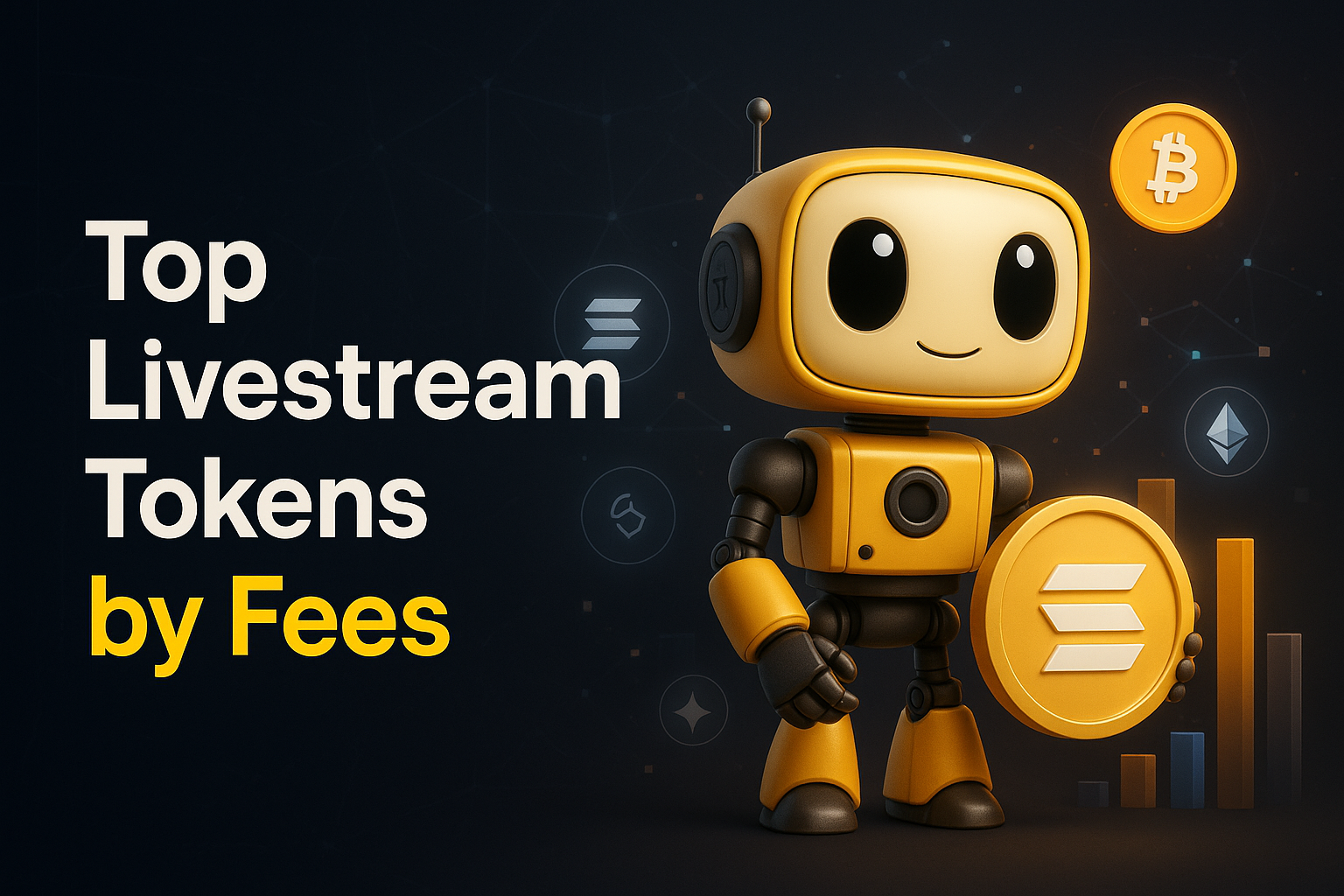
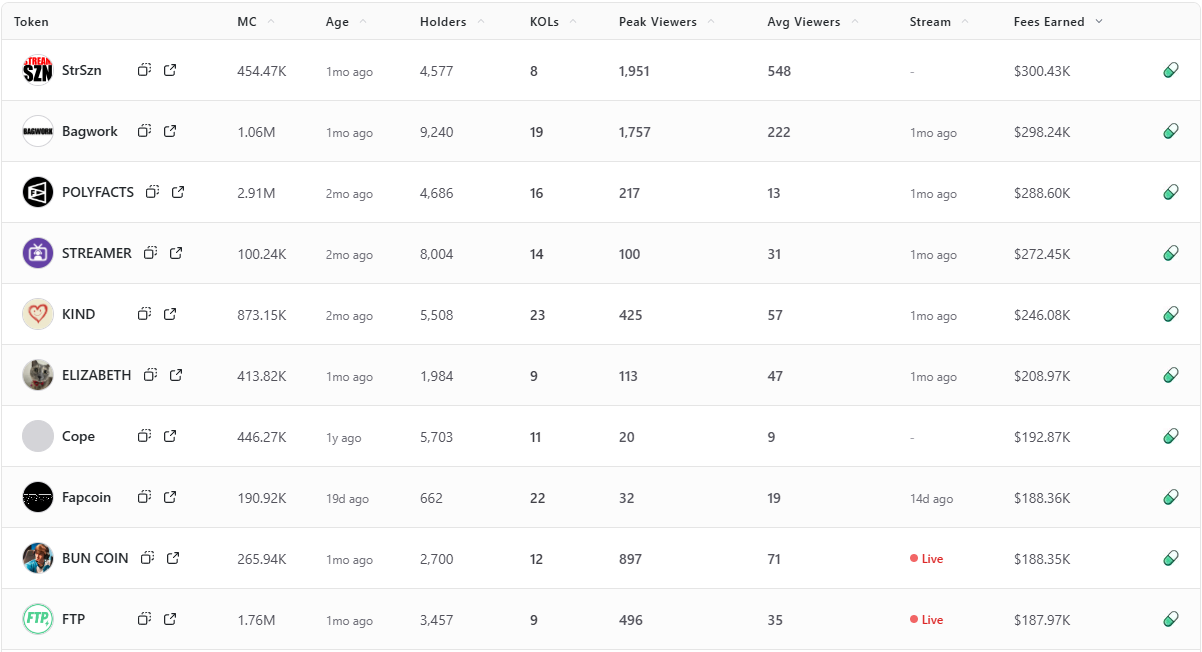
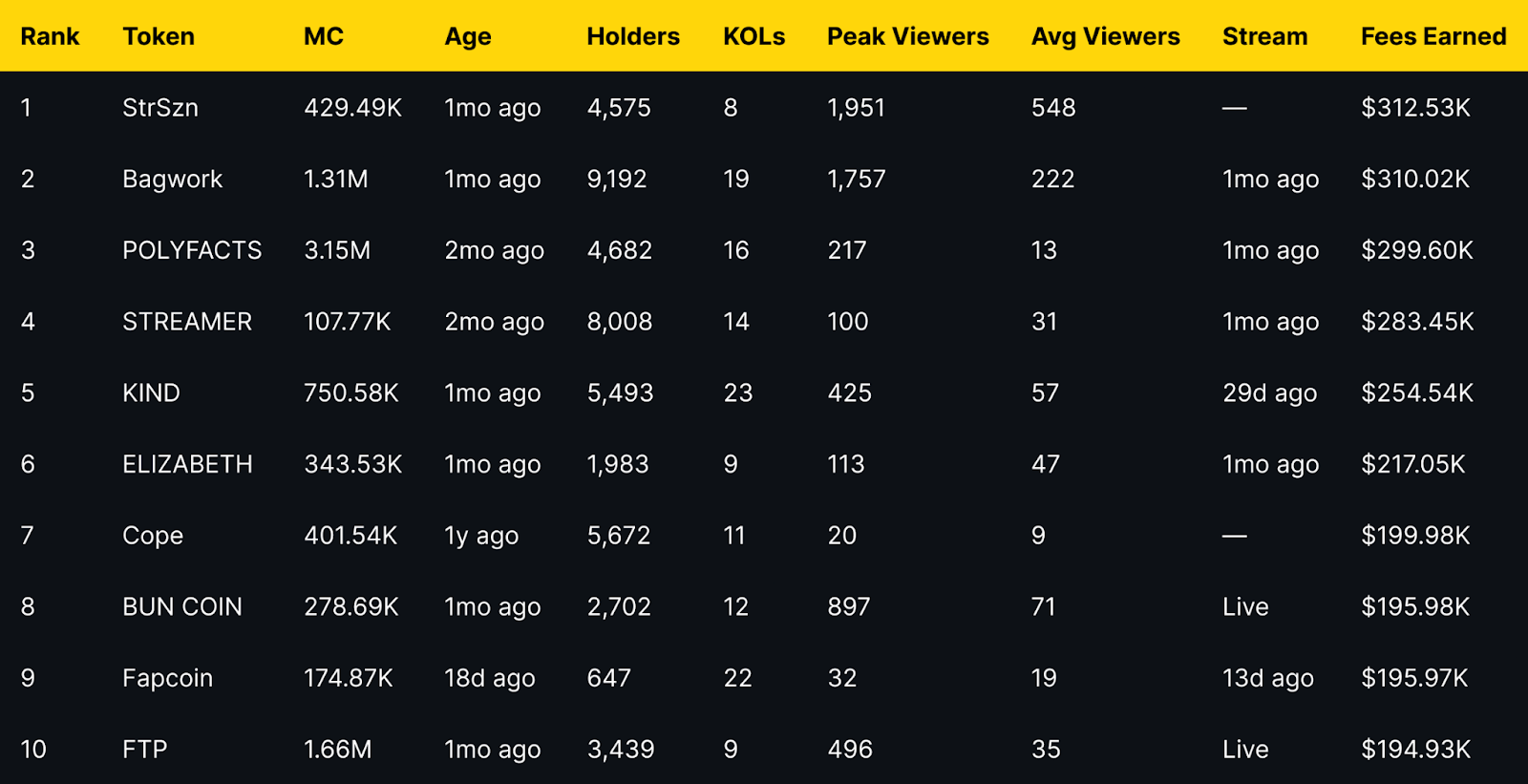
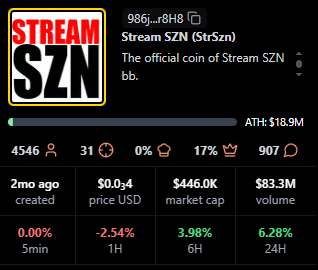

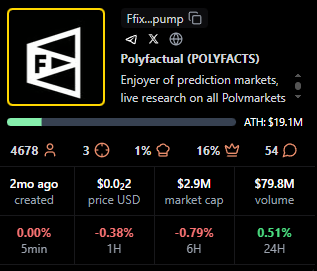


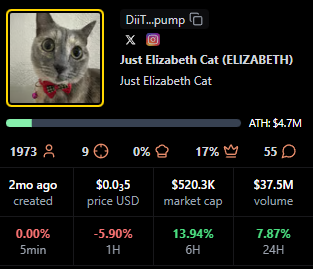
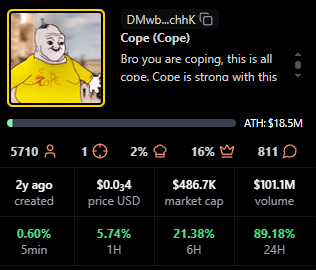
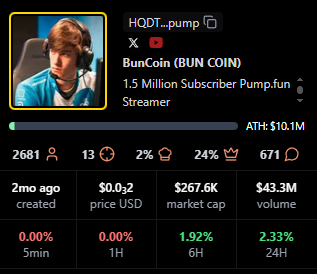

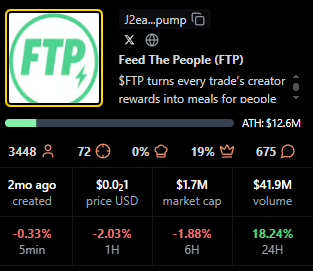

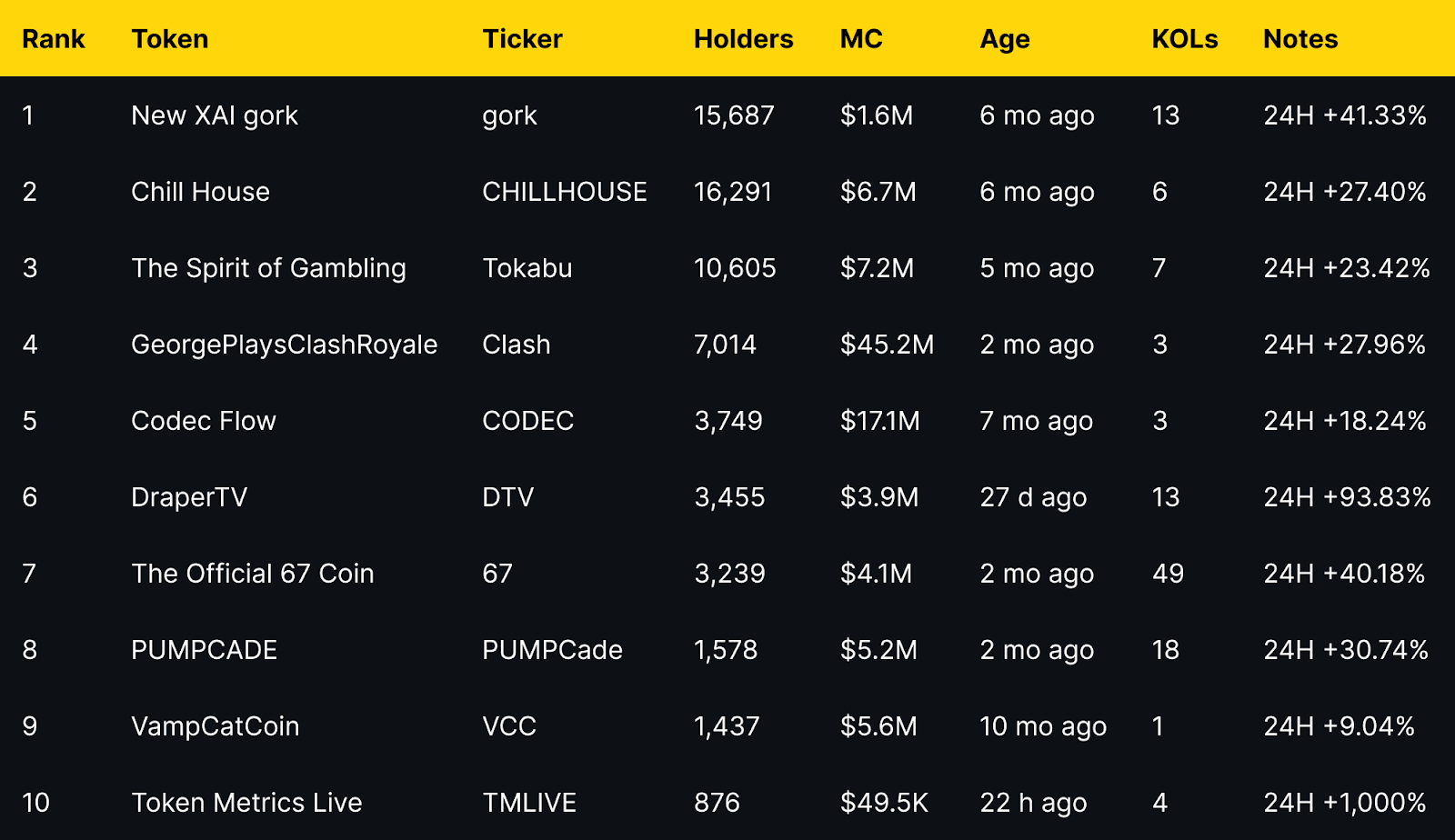
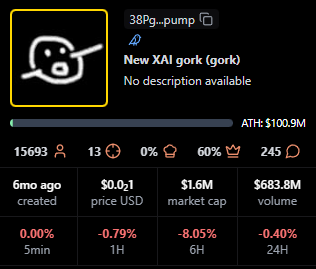
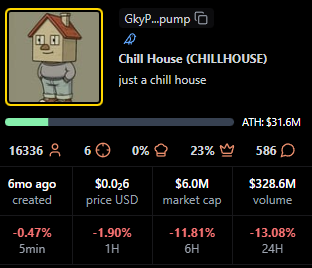
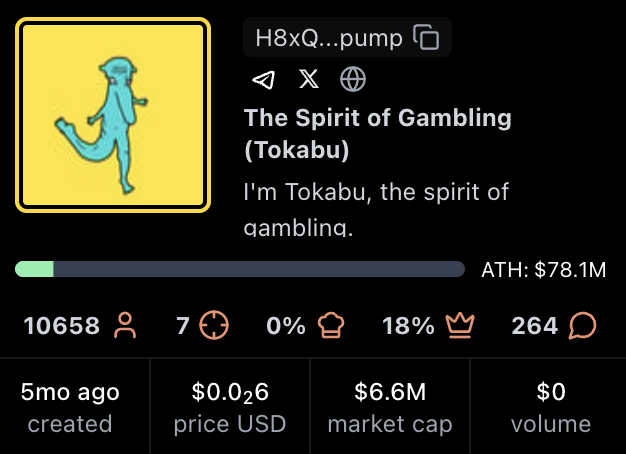

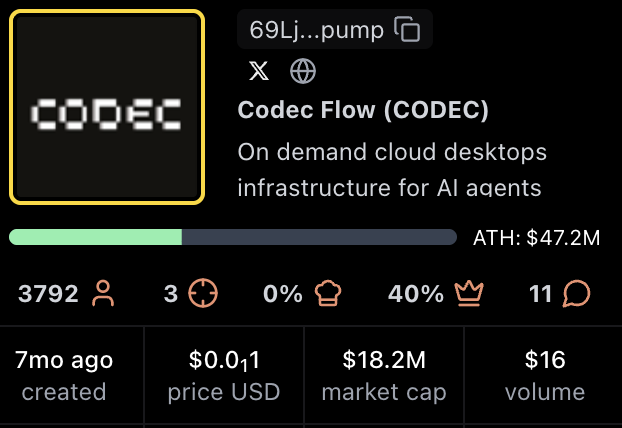
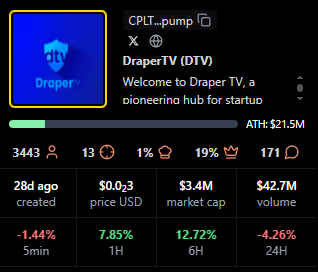


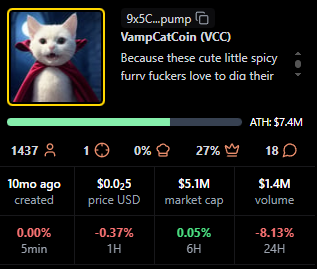
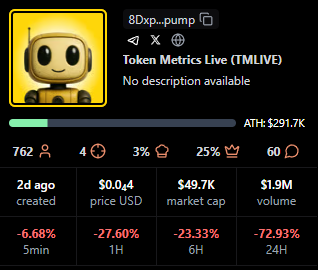
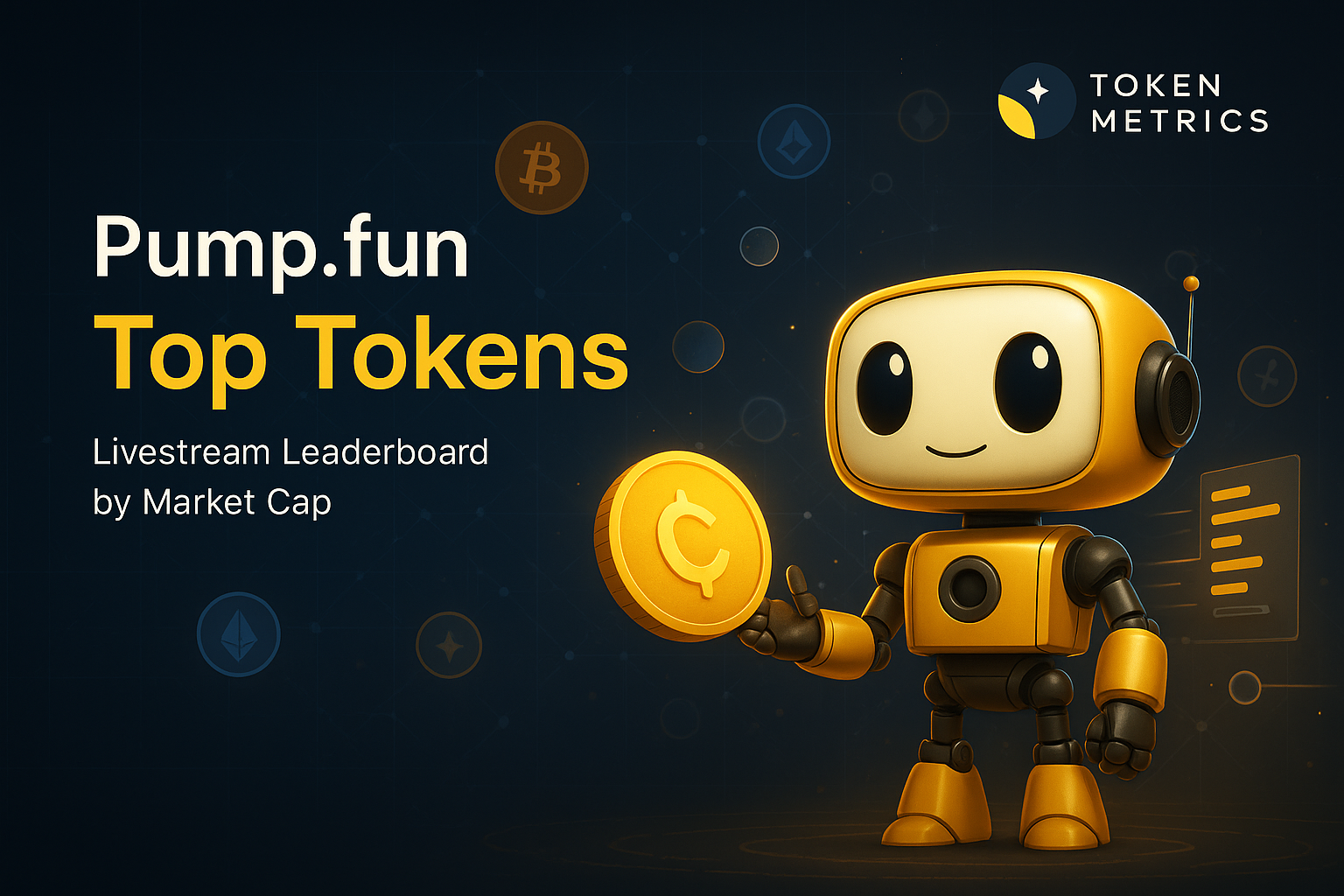
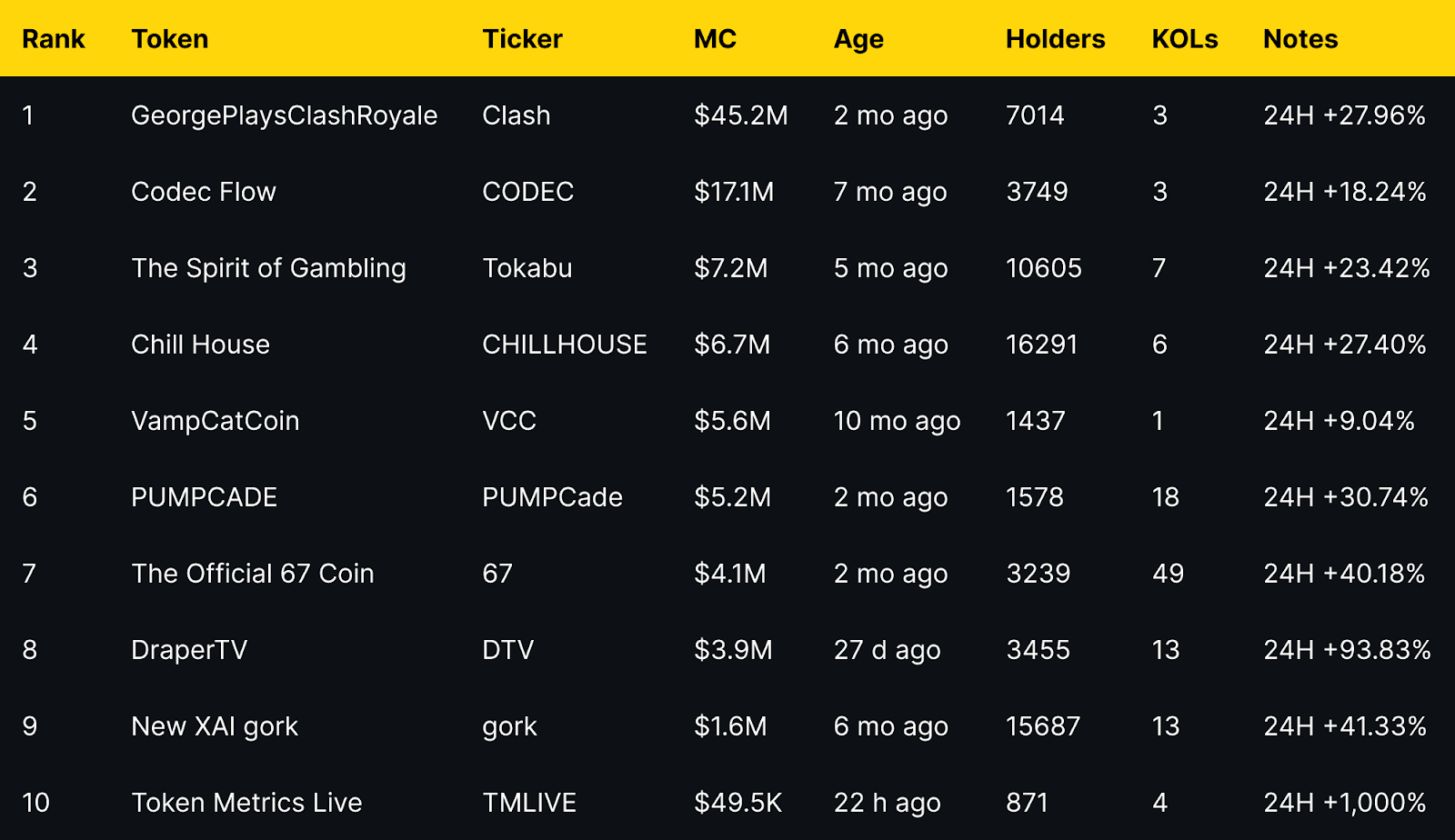



.svg)




.png)